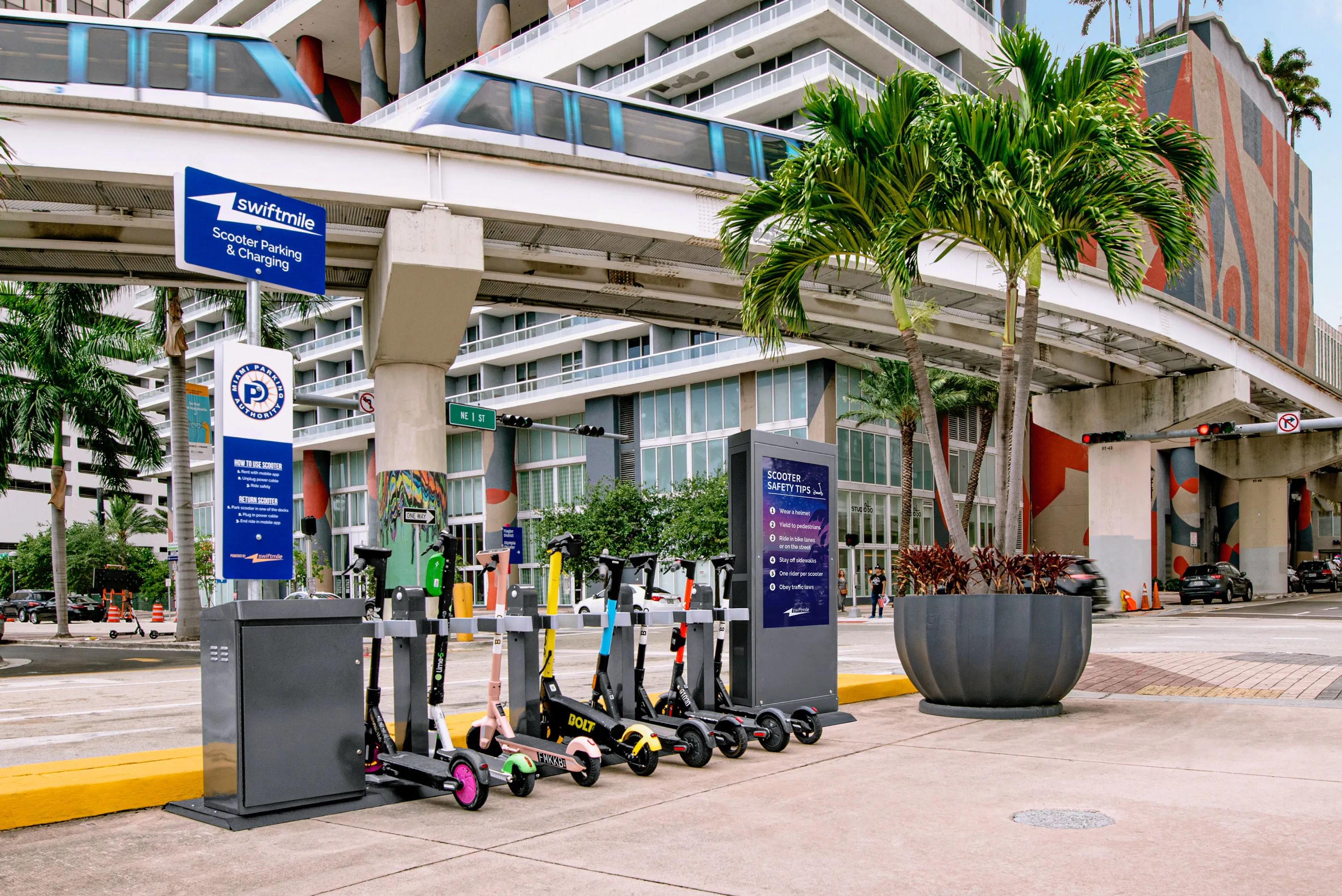Flying cars, electric planes and a driverless racing car capable of speeds of up to 200mph, as well as many other new technological concepts will be on display at the new Future Lab feature at the Goodwood Festival of Speed (FoS), which takes place from 29 June 20-2 July in Sussex, UK.
On display will be the Robocar driverless electric racing car, which is designed to take part in Roborace, a motorsport championship for autonomously driving, electrically powered vehicles on Formula E circuit. Fast and sleek, there is no space for a driver.
Alongside will be exhibits from the future of flight, with flying cars from NeoXCraft, a British designed product, engineered and built in Derby by VRCO. This concept is for a future private, luxury flying road vehicle, in the quadcopter style and is an example of VTOL (vertical take-off and landing) craft.
Pal-V One (Personal Air and Land Vehicle), a vehicle design which combines a gyrocopter with tricycle undercarriage (already available to order) will also be on display alongside solar and supersonic planes from Boom Supersonic. The plane is said to be able to fly at a speed of 2.2 Mach, so has the potential to go from New York to London in 3hrs15minutes. A new 8ft model of the passenger craft will be on show with a VR experience so visitors can ‘walk through’ the future plane interior.
Solar Impulse 2 made history after completing the first round-the-world flight by a solar-powered aeroplane, last July. A 4.8 wing-span model of the aircraft will be exhibited at FoS.
The Extra 330LE is a record-breaking electric plane holding two performance world records – fastest speed for an electric plane and fastest climb (3,000 metres in 4m22s).
Visitors will also be to interact with and experience displays including HTC Vive x BBC Space Walk, the VR experience commissioned by the BBC that allows you to float around outside the International Space Station (ISS); HTC Vive x Tilt Brush, a three-dimensional drawing tool, in VR, which allows the user to draw in beams of light within the app environment and Stratasys 3D printing experts will be staging a live project where sculptor, Nick Ervinck, will be ‘reimagining’ the Goodwood trophy during the event, using these technologies.
Festival of Speed’s new ‘Future Lab’ showcases latest car and aviation technology
Flying cars, electric planes and a driverless racing car capable of speeds of up to 200mph, as well as many other new technological concepts will be on display at the new Future Lab feature at the Goodwood Festival of Speed (FoS), which takes place from 29 June 20-2 in Sussex, UK.
June 5, 2017
Read time: 2 mins
Related Content









